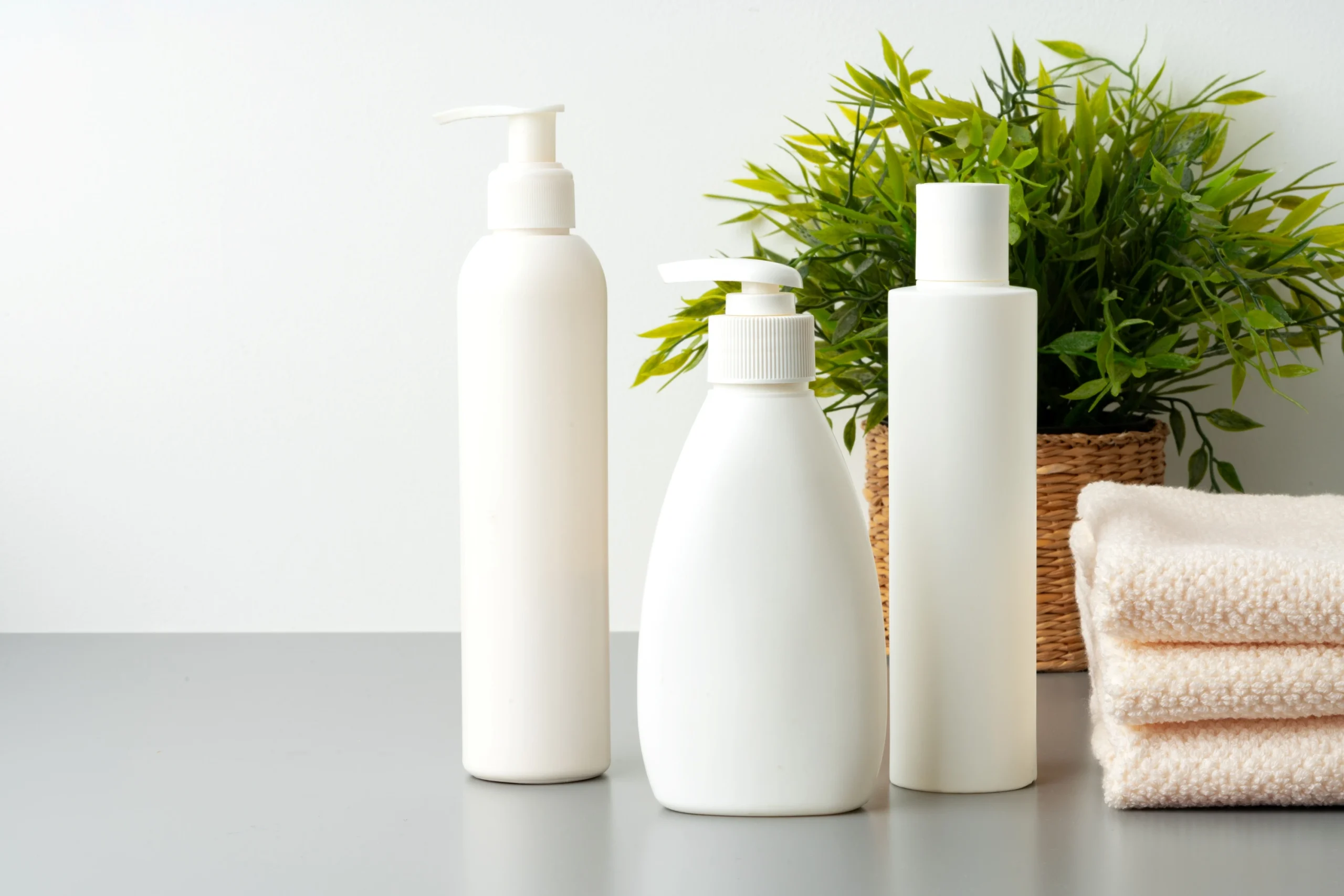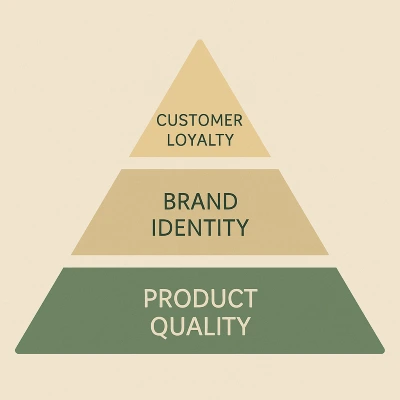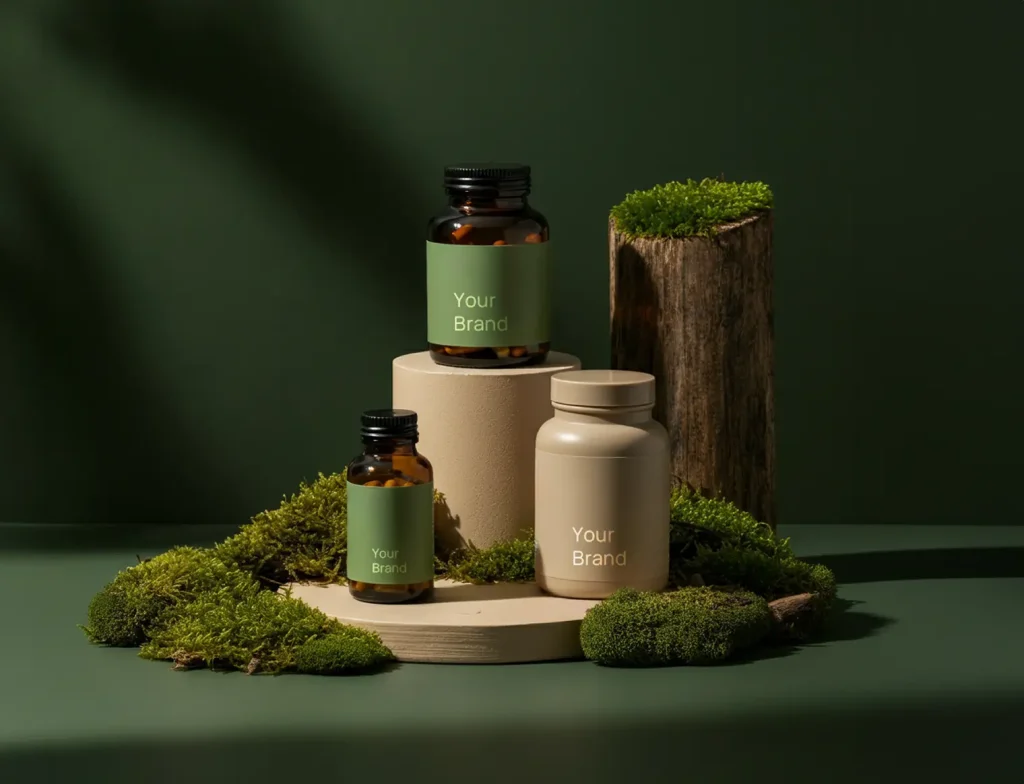Speed to market
White label helps you market faster with low setup effort.

In today’s competitive beauty and supplements industries, choosing the right production model defines how fast your products reach the shelves and how recognizable your brand becomes. Many business owners compare white label vs private label approaches when planning to launch new product lines. Although both terms often appear interchangeably, their key differences shape the entire business strategy, cost structure, and level of brand identity control.
Merywood specializes in contract manufacturing for cosmetics, sport nutrition and dietary supplements, helping clients navigate between white label and private label solutions. Understanding how these business models operate will guide you toward the best model for your company.
Small and mid-sized enterprises often seek flexible ways to enter the market without building their own manufacturing facilities. Both models allow working with third party manufacturers while focusing on marketing and distribution. Whether you sell beauty products, consumer products, or pet supplies, choosing between private label vs white label determines your investment level and your relationship with reliable manufacturers.
Private and white labeling have gained momentum because they enable entrepreneurs to market faster and keep competitive margins. Yet the choice affects everything from product quality to how much complete control you keep over formulation, packaging, and design.

A white label product is created by a third party provider or white label manufacturer and sold under different brand names. The same product is distributed through multiple retailers, each promoting it under its own brand name. This system is known as the white labeling method.

Typical white label products include grocery goods, beauty products, and pet food. They are pre-formulated, tested, and ready for custom packaging. The producer remains anonymous, while retailers benefit from cost effective entry into new product categories.
Under a white label agreement, one manufacturer sells identical formulas to many buyers. Each retailer designs packaging to fit its target audience, applying its brand identity and pricing strategy. Because the core formula stays constant, white label goods are often considered generic products — easy to launch and affordable.
The main advantage lies in speed. With white label services, you can introduce own products quickly without investing in R&D or the manufacturing process. For many startups in the fashion industry or personal care market, it’s the fastest way to test demand before committing to exclusive formulations.
Key advantages of white labeling:
However, this model offers limited control over composition, testing, and design. The same item can appear under other brands, reducing uniqueness. You cannot introduce unique features or exclusive products easily, since formulas are shared. That’s why companies with strong brand identity eventually move toward a private label approach.

Private label products are developed and produced exclusively for one retailer under its own brand name. Unlike white label, this model grants full control over formulation, packaging, and marketing. The retailer owns the concept, and manufacturers produce goods according to precise specifications.
Such private label brands often appear in beauty products, personal care, and consumer products sectors. From custom collagen capsules to plant-based serums, they allow the business owner to build authentic brand identity and strengthen brand loyalty.
The private label process involves market research, concept development, formulation design, and testing. The client may work with private label manufacturers or maintain own manufacturing for select steps. Partners like Merywood assist in sourcing ingredients, ensuring ethical sourcing, and overseeing the manufacturing process to guarantee consistent product quality.


KEY POINT
The main difference between white label and private label comes down to ownership and control. In the first case, you adapt a product; in the second, you create it. Both models can succeed — and success lies in matching them to your goals and resources.
Understanding white label vs private label requires looking at who owns the formula, who controls the manufacturing process, and how each approach affects brand identity and distribution. Although both use third party manufacturers, the key differences define how you scale, differentiate, and communicate with your customers.
Both options help businesses expand their product lines, but they appeal to different needs. The main difference is that white label relies on uniform formulas while private label builds exclusivity around own brand name and product differentiation.
For startups or distributors entering new product categories, white label products offer a cost effective path to the market. You can test product offerings quickly and gather feedback from a target audience before investing heavily in R&D. This model also simplifies logistics — third party providers handle production, storage, and packaging.
However, because identical formulations are sold under different brands, building long-term brand loyalty can be difficult. Customers might find the same product elsewhere at a lower price or under other brands.
On the other hand, private label products let a business owner keep complete control and ensure every item aligns with their targeted branding and brand identity. The trade-off is time and higher costs — developing exclusive products requires extensive research, quality testing, and more complex supply coordination with different suppliers.
In beauty products and personal care, private label brands often emphasize ingredients, sustainability, and texture to stand out in a crowded market. These brands collaborate with private label manufacturers to craft unique features like patented actives or organic certification.
Conversely, white label services help retailers extend their product lines fast — ideal for seasonal launches or when you need to sell products under several brand names. Selling white label products is especially useful for consumer products and pet supplies, where shelf rotation is quick.
Success lies in aligning your business models with your market position: white label for agility, private label for differentiation.
When evaluating private vs white label, consider three dimensions:
White label helps you market faster with low setup effort.
Private label grants full control and ensures no same item appears under other retailer names.
Private label strengthens customer loyalty and creates recognizable brand identity, but with higher costs.
If your goal is to validate demand or diversify offerings quickly, white label gives a fast entry point. If your goal is to own formulations, build brand names, and maintain complete control, private label will be the best model.

TIP
Merywood often advises clients to start with white label, gather data, and then transition to private label once their target market is clearly defined.
Strong branding determines how your own brand competes among different brands offering similar formulations. The secret to maintaining a competitive edge lies in professional packaging, storytelling, and alignment between marketing efforts and product quality.

White label sellers usually rely on convenience and pricing. Private label owners, however, invest in targeted branding and emotional resonance. They understand that success lies not just in production, but in how the brand connects to the target audience.
To keep differentiation, Merywood assists clients in defining visual and verbal brand identity, ensuring that every step — from formula development to packaging — supports the same narrative.
White label production is largely standardized. Most manufacturers keep stable formulas, which simplifies audits and quality checks. You can work with one white label provider or several third party manufacturers to secure supply stability.
Private label, however, demands a closer partnership. The business owner collaborates on each step of the manufacturing process — from selecting raw materials to approving packaging. This deeper involvement often results in superior product quality, but also higher responsibility for compliance and documentation.
White label is more cost effective because tooling, research, and packaging templates are shared. It minimizes entry barriers and allows fast scaling through multiple retailers.
Private label involves higher costs but yields higher margins. While white label may seem easier, its generic products compete primarily on price. Private label, by contrast, can justify premium pricing through custom product offerings and emotional brand identity.
Ethical sourcing, innovation, and transparent white label agreements help both models maintain credibility in regulated sectors like cosmetics and supplements.
Ultimately, choosing between white label vs private label depends on your long-term ambitions. White label suits distributors aiming for volume; private label empowers brands that value individuality and full control. In either path, collaboration with experienced partners such as Merywood ensures quality, compliance, and scalability.
At Merywood, we provide flexible production frameworks for beauty, wellness, and dietary-supplement companies seeking to expand their product lines through either white label or private label partnerships.
Our facilities cooperate with carefully selected third party manufacturers, ensuring consistent product quality and full regulatory compliance across all product categories.
Our team guides clients through every phase of the manufacturing process — from concept design to packaging approval. Whether you prefer white label services for speed or complete customization through private label products, Merywood helps transform your ideas into market-ready formulations that reflect your brand identity and business goals.
For retailers and distributors targeting quick entry or diversification, Merywood’s white label provider program delivers a curated portfolio of tested formulas. These white label goods include skincare, haircare, and nutrition-based consumer products already validated for safety and performance.
Clients simply adapt labeling and packaging to their own brand name, achieving presence across multiple retailers without investing in laboratories or R&D. Because this model reuses existing infrastructure, it remains highly cost effective and lets partners market faster while maintaining quality control.
Through clear white label agreements, Merywood defines composition, packaging scope, and timelines — ensuring that every brand involved receives consistent results. Our role as a white label manufacturer is to provide stability, transparency, and predictable lead times.
Brands that require exclusivity, authenticity, and design freedom choose Merywood’s private label program. Here, we manage the entire private label process — starting from market research, ingredient sourcing, and prototype formulation to full-scale production and packaging.
Each collaboration focuses on exclusive products with unique features tailored to a defined target market. We help clients articulate their business strategy, select sustainable materials, and apply ethical sourcing practices. The result is a product range entirely under the client’s complete control — its formula, packaging, and distribution rights belong solely to one retailer.
By working closely with private label manufacturers within our network, Merywood ensures innovation without compromising reliability. This synergy allows you to maintain full control over differentiation while benefiting from the efficiency of experienced partners.
Choosing between private and white labeling requires a realistic understanding of timelines, budgets, and target audience expectations. A business owner focusing on rapid testing or portfolio expansion might prioritize white label; a brand investing in storytelling and customer loyalty may lean toward private label.

Either path can secure a competitive edge — white label through agility, private label through originality. Both approaches depend on sound business models, consistent supply from reliable manufacturers, and data-driven market research.
Merywood helps align these factors into a coherent roadmap, providing documentation, cost forecasting, and scalability planning so your brand can evolve confidently.

In regulated industries like cosmetics and supplements, product quality is non-negotiable.
Merywood’s facilities operate under strict GMP and ISO standards. We understand that the success lies not only in formula performance but also in traceability, transparency, and the trust your brand earns from consumers.
That’s why every project — whether private label or white label — includes rigorous quality testing and documentation support for import, export, and certification purposes.
A wellness startup using Merywood’s white label services launched a minimalist skincare line under three brand names, reaching different brands of retailers within six months.
A supplement company developed custom fish oil capsules through our private label division, maintaining own manufacturing supervision and achieving full brand identity differentiation.
These cases illustrate how both white labeling and private development can coexist under one strategic umbrella — testing the market fast, then evolving into proprietary lines once demand stabilizes.
Creating and scaling a brand involves more than production — it’s about aligning design, logistics, and marketing.
Merywood’s integrated approach combines product development, packaging engineering, and distribution planning. Our experts analyze business models, coordinate third party providers, and guide clients through labeling compliance for consumer products across regions.
This support helps you sell products globally without losing creative freedom. With Merywood, you maintain full control while benefiting from an ecosystem of reliable manufacturers and tested workflows that ensure your launch meets budget and timeline expectations.
Deciding between white label vs private label comes down to vision and resources. White label offers speed and affordability; private label grants ownership and longevity. Both can lead to success when managed with strategic insight, consistent quality, and trusted partners.
Whether you aim to test a concept with generic products or design fully exclusive products, Merywood provides the infrastructure, expertise, and flexibility to make it happen. Your brand identity deserves more than a logo — it deserves a manufacturer who understands innovation, compliance, and storytelling.
Contact Merywood today to discuss how our white label and private label programs can turn your ideas into scalable, profitable reality.
